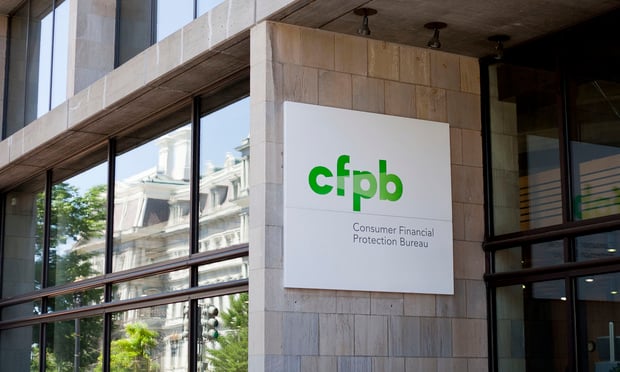In his ruling, Simpson said Borders & Borders, which employs six lawyers, qualified for a safe harbor provision in the Real Estate Settlement Procedures Act. That provision shelters “affiliated business arrangements,” so long as those arrangements are disclosed to the consumer being referred to the partner company. The bureau had argued that the nine joint ventures were ineligible for the safe harbor because they were not bona fide providers of settlement services, nor did they make adequate disclosures of their business arrangement to borrowers and homebuyers.
Simpson said Borders & Borders “gave its customers timely disclosures when it referred title insurance work to the Title LLCs,” referring to the nine joint ventures.
“Given that Borders & Borders disclosed the relationship with the [joint ventures], the customers could reject the referral, and the bureau failed to show that the [joint ventures] received anything of value beyond their ownership interests, there is no genuine dispute of material fact that the [joint ventures’] arrangement with Borders & Borders qualifies as an affiliated business relationship protected” under RESPA, Simpson wrote, “and Borders & Borders is entitled to summary judgment as a matter of law.”
The loss comes nearly nine months after a three-judge panel of the U.S. Court of Appeals for the D.C. Circuit struck down the CFPB’s interpretation of RESPA in its case against PHH. The agency fined the company $109 million for referring borrowers to certain mortgage insurance companies in exchange for a percentage of the premiums those insurers received from the borrowers. The full D.C. Circuit vacated that panel decision and reheard the dispute in May.
Simpson in his ruling said he would not rely on the D.C. Circuit panel decision ruling in favor of PHH.






